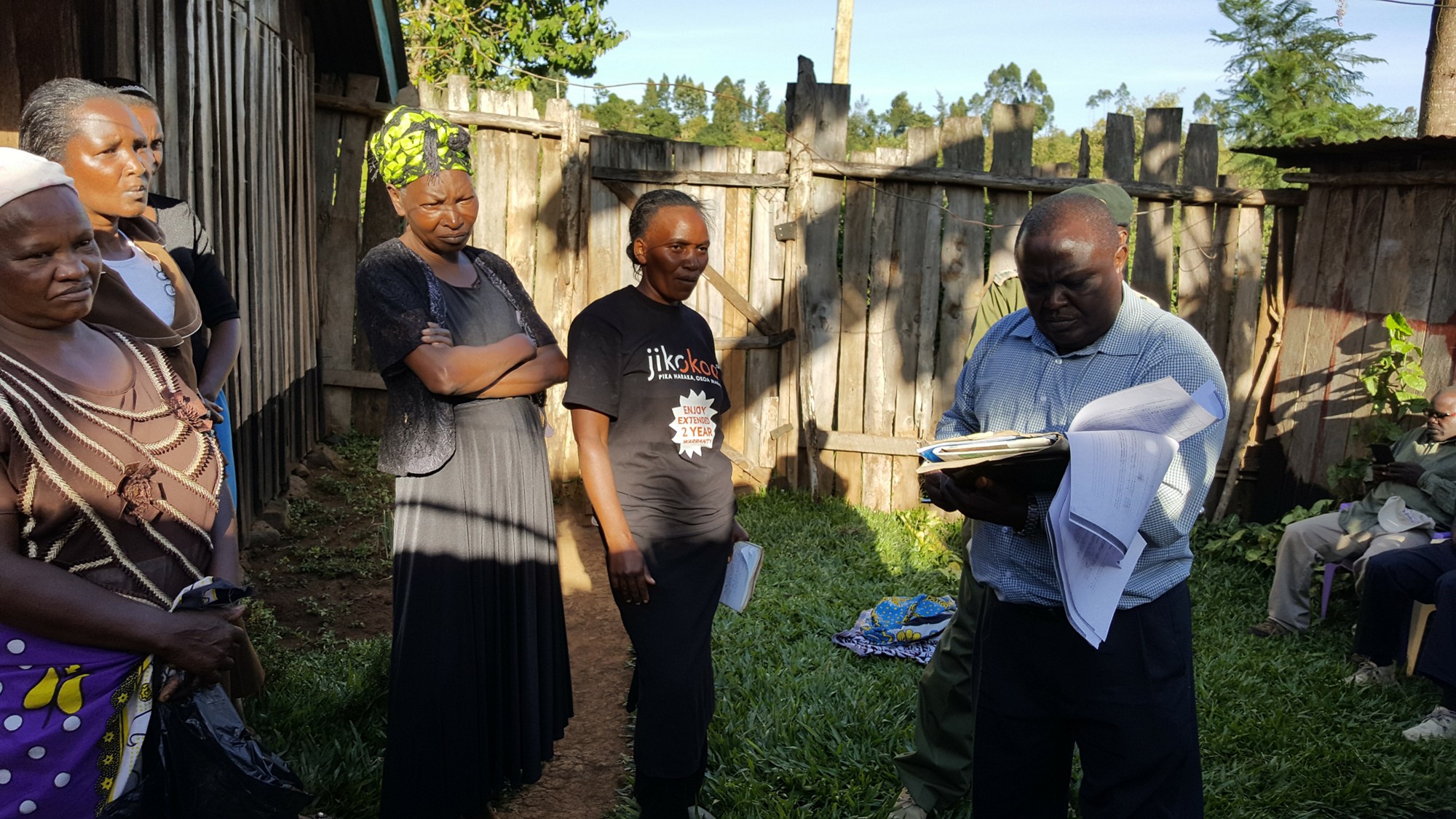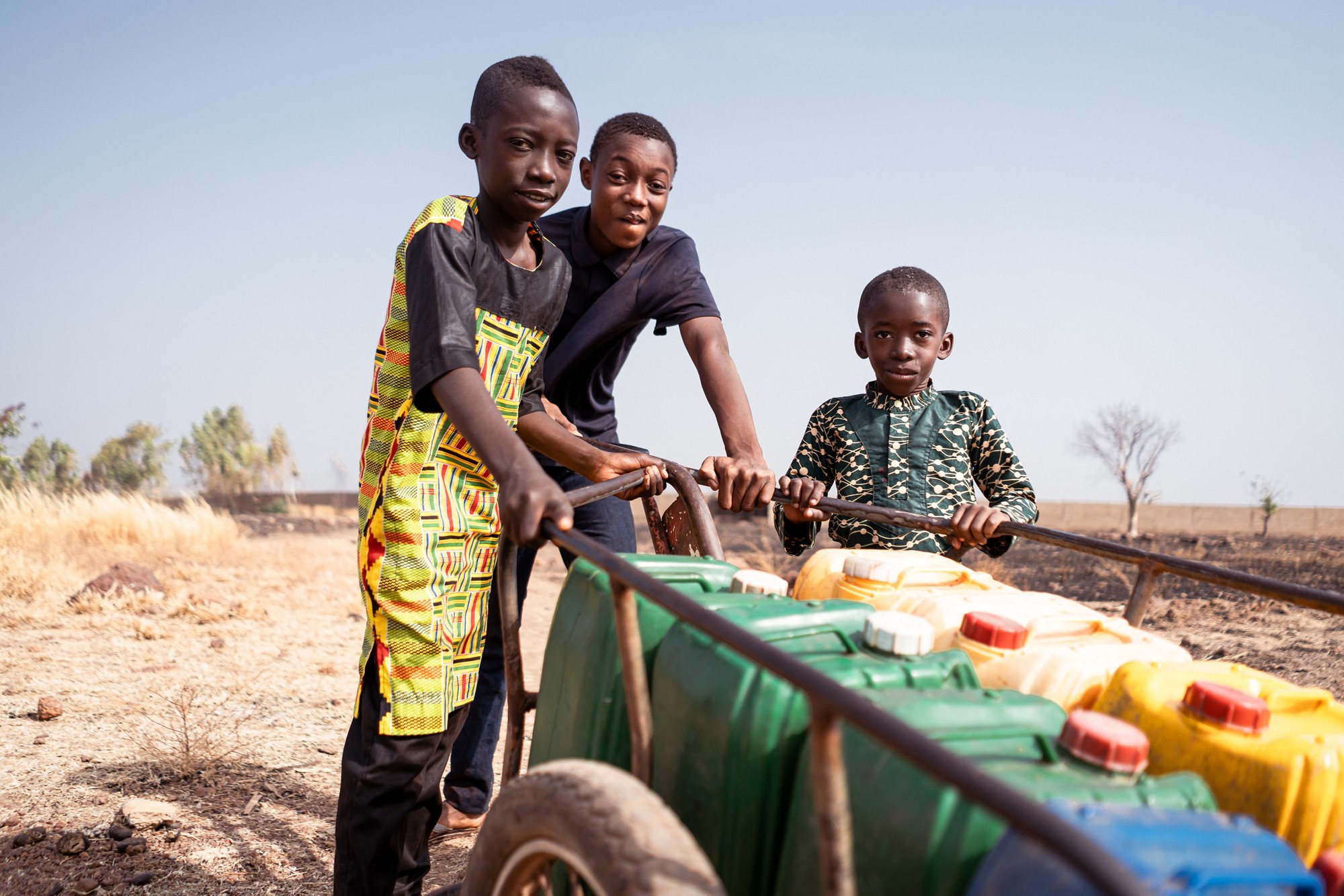Communities are not just participants in projects—they are decision makers, innovators, and stewards of environmental action.
This evaluation of community-based approaches (CBAs) at GEF matters because it examines how people-centered approaches, which engage Indigenous Peoples, women, youth, and marginalized groups in decision-making, influence project outcomes. It fills a persistent gap by assessing both the benefits and the limits of CBAs, identifying when they add the most value across different focal areas.
Projects that adopt a community-based approach are associated with higher outcome ratings than the overall GEF portfolio.


Evaluation overview
- The report recommends enabling co-design with communities, issuing clearer guidance on when and how CBAs should be applied, and tracking devolved responsibilities and resources at the local level.
- While CBAs align with convention guidance and national priorities, most projects apply them only partially, and devolution of resources to communities has declined in recent projects.
Methodology
The evaluation reviews 190 projects from GEF-4 through GEF-7 totaling $1.02 billion, using portfolio analysis, geospatial review, stakeholder interviews, and country case studies in Timor Leste, Madascar, Indonesia, Peru, and Cameroon.

